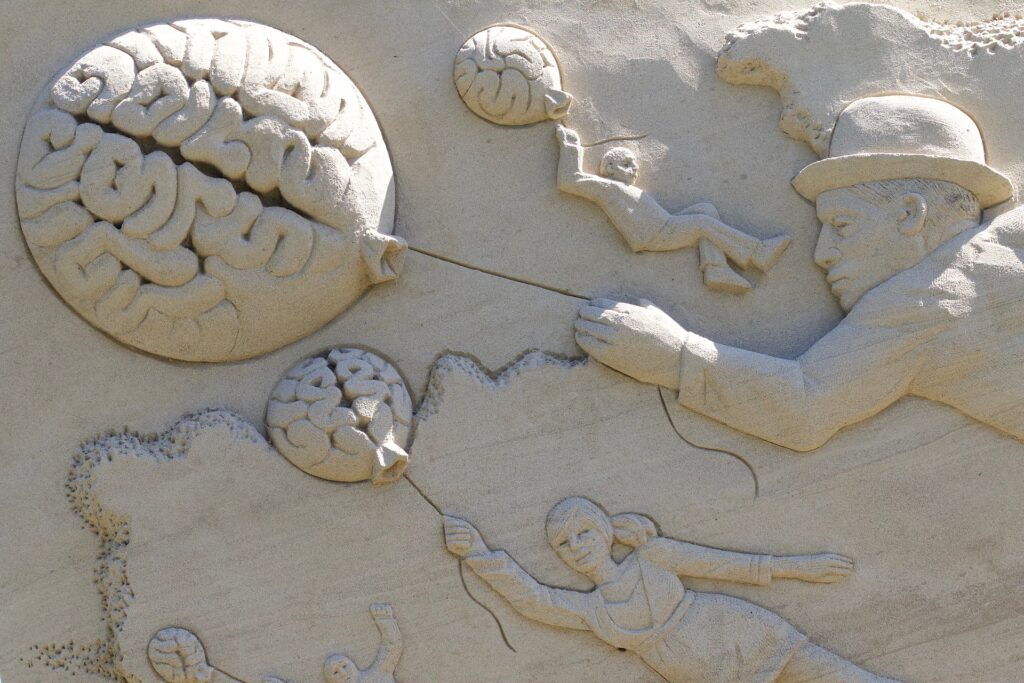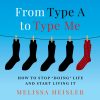Don’t trust your brain
In our scientific focused society, there is an assumption that what we think is undeniable truth. We believe that our brain is like a supercomputer built to only provide fact. But our brain can’t really be trusted.
Recently I watched a documentary on brain plasticity. I love brain plasticity because it shows we can reprogram and change our brains – with the hopes of living a better life. You can read about brain plasticity in a great book called The Brain That Changes Itself by Dr. Norman Doidge. While watching this documentary, however, I was struck by how the brain works more in illusion than fact.
Phantom pain is having sensation of a body part that no longer exists (30 minutes into the documentary). If our brain can create real pain for something that is not real, what else is it doing? What “realities” are we experiencing which are actually illusions?
 Ten minutes later in the video, a doctor shows a how an amputee decreases his pain by tricking his mind with a visual illusion. By using a shadow box, the missing limb is “seen” as real. Through moving his existing hand but seeing it as his missing hand, pain in his phantom limb subsides. The real pain is actually an illusion which was stopped using a different illusion.
Ten minutes later in the video, a doctor shows a how an amputee decreases his pain by tricking his mind with a visual illusion. By using a shadow box, the missing limb is “seen” as real. Through moving his existing hand but seeing it as his missing hand, pain in his phantom limb subsides. The real pain is actually an illusion which was stopped using a different illusion.
Not only can our brain be tricked into feeling or not feeling something in our own bodies, but a part of the brain, mirror neurons, makes us feel what is happening to another. This means we are experiencing something happening to another as if it is happening to us. Being an empath, or perhaps more apt having extra-sensitive mirror neurons, is why I need to protect myself in public because I pick up what others feel. And this is also why you tense up watching an action film or Dancing with the Stars because you experience what you are watching someone else experience.
Another great talk about the brain and how it interprets our surroundings is by Dr. Jill Bolte Taylor the author of My Stroke of Insight. In her book and the talk, this brain scientist deftly explores how her brain broke down while having a stroke and what it took for her to be able to regain the full function of her brain again. This is an amazing look into how the brain works and again about how much of what we experience – think, feel, touch, taste, hear, see – is not “reality” but our perception and interpretation of reality.
Much of what our brain signals as reality may not be. Which got me thinking, if we can prove our brain is experiencing an illusion what is it that is aware of this illusion? What is outside of our brain’s illusion seeing it as an illusion? And if we only see our perception of reality what is really real?
I don’t have the capability to answer the questions I posit so instead I invite you to explore how questioning reality, questioning how the mind works, and questioning your perception of life can empower you to create the life you want.





